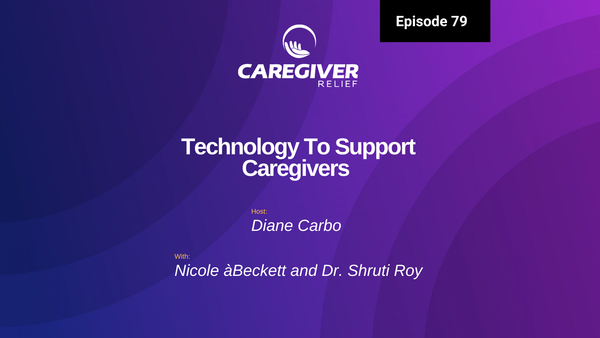Living with Dementia Behind Closed Doors: Unveiling the Hidden Realities of My Husband's Journey
One caregiver shares their experiences and frustrations of living with a loved one who is diagnosed with dementia. Learn about the common symptoms and challenges of dementia and how to navigate them.

Miranda writes
Navigating life as a caregiver for a loved one with dementia brings a unique set of challenges, and one of the most perplexing aspects is the contrasting perspectives that arise from those around us. As I bear witness to the daily decline in my husband's cognitive abilities, it's both puzzling and frustrating to hear friends and family members comment that he "sounds just fine." This disconcerting dissonance between my observations and their seemingly reassuring impressions has, at times, led me to question not only their perceptions but also my own understanding of his condition.
Spending significant time with my husband offers me an intimate understanding of the subtleties of his behavior and memory. I'm keenly attuned to the ebb and flow of his cognitive function, noticing the shifts that occur throughout the day. Yet, when friends drop by for a quick visit or family members engage him in conversation over the phone, they often find him engaging, asking about their lives, and even recalling shared memories. To them, he appears "just fine."

However, the reality is far from straightforward. Dementia is a complex condition that defies linear progression. There are moments when my husband's well-practiced social skills and routines enable him to momentarily mask his cognitive struggles. In these fleeting instances, he might remember names, engage in coherent conversations, and demonstrate interest in current events. Yet, these are the moments they see – the moments when he appears "fine."
What they don't witness are the hours of confusion, the repetition of questions, and the internal battles he faces with tasks that once were second nature. These are the moments that weigh heavily on me, the moments that underscore the gravity of his condition.
When I hear the comforting words from others that he "sounds just fine," a whirlwind of self-doubt can ensue. Am I overreacting? Am I perhaps misinterpreting the situation? But deep within, I understand that my role as his primary caregiver provides me with insights that others may not have. I experience the incremental shifts in his demeanor, the gradual fading of memories, and the underlying frustration he grapples with when words escape him.
An essential piece of this puzzle is the phenomenon of confabulation. My husband sometimes crafts intricate stories to bridge the gaps in his memory, constructing narratives that are convincing and coherent. It's not deceit; rather, it's his mind's way of making sense of a world that's increasingly slipping from his grasp. These stories, though, can inadvertently contribute to the misconception that he's "fine," as they align with the world as others perceive it.
Amid these complexities, I've learned to trust my own judgment and understanding of my husband's condition. The divergence between external appearances and my internal experiences is a reminder that the multifaceted nature of dementia isn't always apparent in brief interactions. Each encounter is just a snapshot of the larger reality, one that only those intimately involved can truly comprehend.
As I continue on this journey, connecting with fellow caregivers who share similar experiences has provided me with a sense of validation and understanding. Through these connections, I've learned that I'm not alone in grappling with the disparity between perception and reality. Together, we navigate the challenges with compassion and determination, holding onto the certainty that our insights hold immeasurable value.
In sharing my story, my hope is to illuminate the intricate dynamics caregivers face when the external appearances of dementia contradict its internal reality. To those treading this path alongside me, remember that your observations matter, your experiences are valid, and your role as a caregiver is a testament to your unwavering love and strength.
You might also like this article:







